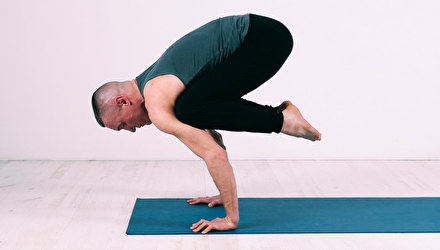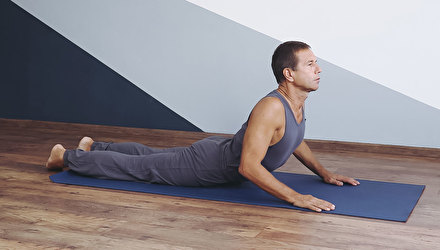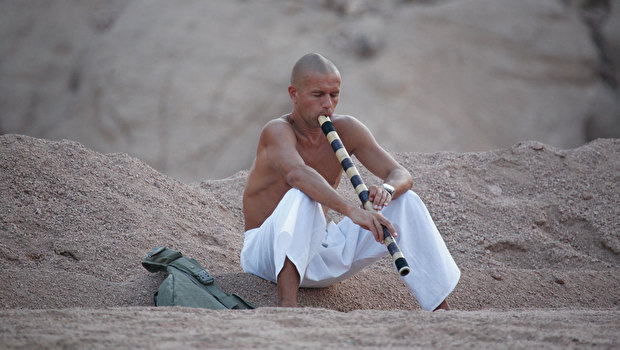For training inquiries please contact:
Telegram, Viber, Whatsapp
+38 073 369 36 39
(Calls are not accepted, WRITTEN inquiries only).
Or by e-mail: [email protected]
The course consists of 6 cycles. Each cycle is devoted to the study of one of the stages of the system. For the convenience of mastering the material, each cycle is divided into three sessions. The duration of each session is 10 days. There are three-month breaks between sessions, during which course participants work out and master the materials received. At the end of one cycle (one of the stages), each of the participants can take an exam, according to the results of which he is awarded the appropriate qualification - "instructor" or "trainer". The difference between the two is that the trainer can make some necessary changes to the materials of the system in order to adapt them to different occasions. While the instructor can conduct classes only according to canonical algorithms.
Not only those who intend to further position themselves as a YWSAS teacher are allowed to participate in the training, but also those who would like to study the system in depth, go through it as a path, using working materials in their personal practice.
YWSAS is a training kit, flexible and flexible. A variety of combinations of system components allow you to build training programs to solve a wide range of problems. During the passage of the first cycle (first stage), each participant of the course studies the structure of the system, receiving detailed instructions on the use of techniques and algorithms that make up its arsenal. That is why the necessary condition for participation in the course is to pass the first cycle, which lays the main base of "general" knowledge. Without it, participation in subsequent cycles will be meaningless.
Training takes place remotely. All materials of the cycles were filmed on video, painted in methodological manuals and notes. The participant gets personal access to the materials of the corresponding session and works with them at a pace that is comfortable for him, which is an undoubted advantage. The materials remain with the participants forever and can be viewed an infinite number of times. All participants are added to the course chat, which is a communication platform through which feedback from teachers takes place. The lack of "live" interaction is made up for by conducting training camps, which are held regularly between course sessions. Participation in training camps is not obligatory and is paid by course participants separately. Everyone can participate in such training camps, but there is a 50% discount for course participants.
Course sessions consist of thematic blocks:
- YWSAS system. The structure of the system, its components, common designations and names. Flow training mode. The structure of the training regime, the rules and principles of construction.
- The first component of the YWM (Modular Catalog of Training Techniques) system. Principles of organization of modules. "Holographic" filtering within the modules and the distribution of sets by difficulty levels. Rules for using modules to create full-fledged training programs or preparatory series (gymnastic warm-up) Breathing modes of sets and canonical transitional movements. Demonstration and detailed analysis of each of the four canonical forms of sets.
- The second component of the YWA (Tuning Sequence System) system. The static part of the tuning sequences. Respiratory rows, their functional purpose, numerological principles. The dynamic part is transitional movements. Demonstration and analysis of each of the three canonical forms of tuning sequences.
- The third component of the YWQ system. Training with Sid (with me, that is) according to the algorithms of the most effective and mystical component of the system.
- Dynamic series of ethereal gymnastics: Yang qigong basic version, Yang qigong enhanced version, Zero + Cross. A detailed analysis of the trajectories of movements, their semantic content and the most common mistakes. Practice in a continuous stream.
- Auxiliary Techniques. Breathing exercises, abdominal and eye exercises, a meditative-contemplative clearing and resetting technique.
- Principles of shaping in the practice of figures and transitional movements. The most relevant models of understanding the work of the musculoskeletal system, based on the basic principles of biomechanics, functional anatomy and physiology of movement. Analysis of each model. The allocation of "keys" with the subsequent formation of useful practical skills.
- Modern views on the structure of the respiratory system. Principles of breath control in the dynamic and static parts of the training complexes
- Tools and features of the work of the instructor and trainer. Stages of motor skills formation. Automation and conscious control. The role of attention in the mechanisms of motor control. Principles of attention management. Individual characteristics of a person that affect his development. Methods and forms of teaching. Functional testing. Choice of form of training. Training options, the specifics of each option and common mistakes. Voice commands and manual corrections.
For training inquiries please contact:
Telegram, Viber, Whatsapp
+38 073 369 36 39
(Calls are not accepted, WRITTEN inquiries only).
Or by e-mail: [email protected]








